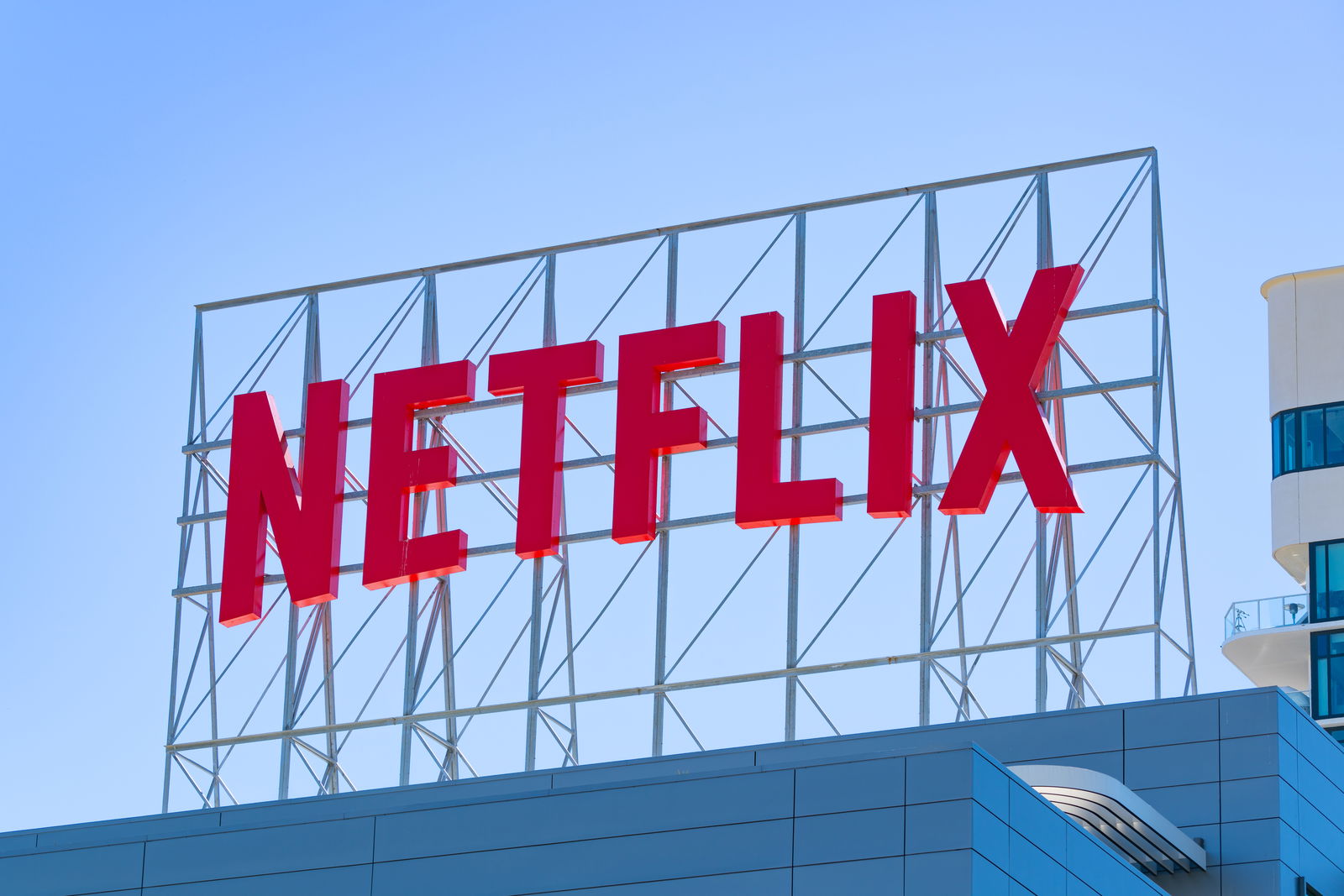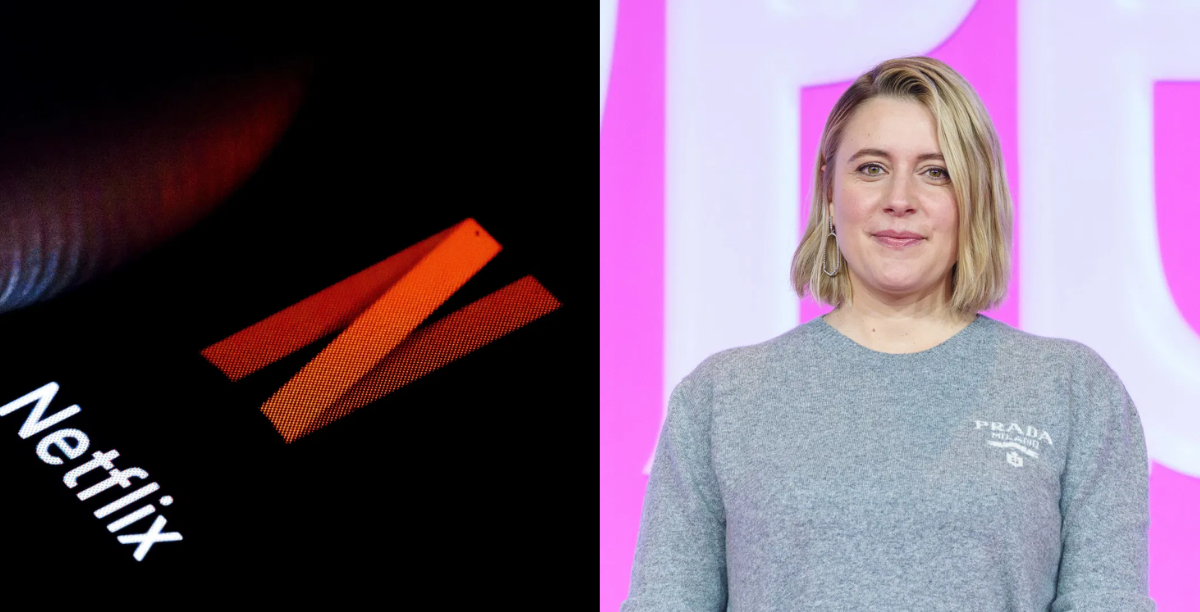Do Dating Reality Shows Like ‘The Ultimatum’ Really Benefit Couples or Is It All About Netflix?

via Imago
[data:image/gif;base64,R0lGODlhAQABAAAAACH5BAEKAAEALAAAAAABAAEAAAICTAEAOw==]https://www.staging.netflixjunkie.com/wp-content/uploads/2022/04/Who-Will-Host-Ultimatum-Marry-or-Move-On-Season-2.webp
Netflix struck gold with the dating reality shows on its platform. When the pod dating show Love is Blind came out back in 2020 people were attracted to the unique premise of couples dating in pods. Then came along its successor, The Ultimatum on Netflix where couples swap partners and test their bond. It sure is giving the viewers plenty of drama to sink their teeth in and is no doubt entertaining. But what about the couples on the show? Does this experience bring changes to their lives and relationships in a positive way? Let’s find out.
Are dating shows benefitting couples really?
Although Love is Blind and The Ultimatum on Netflix are marketed as social experiments but they are anything but that. In actual experiments, participants sign ethics applications and are made aware of the risks involved. But these Tv shows fall short of that. According to relationship science, these experiments are nonsense. The shows sensationalize the lives of the already vulnerable couples. Case in point, Jake and April’s split after their appearance on The Ultimatum. Rae and Zay grow more toxic together and lastly, Nathan proposed to Lauren out of sheer jealousy. Their chances of a stable future together are slim. According to Research, a partner feels the greatest sense of validation when his or her significant other makes an effort in their relationship. But in The Ultimatum, the creators are making them swap partners and issue an ultimatum to their partners.
ADVERTISEMENT
Article continues below this ad
Are dating shows problematic?
Villainizing real personalities and lack of self-awareness are a few of the problematic aspects of the dating show on Netflix.
Although some contestants don’t need evil editing like Love is Blind’s Shake, Shaina, Shayne, or The Ultimatum’s Colby or Nathan. But in a way, these dating shows encourage the fans to send hate comments to these individuals.
The shows are sending the wrong message to an impressionable audience – one can find love and marry in a few weeks. It blurs the lines between fake and reality. Marriage is a lifetime commitment. One cannot arrive at such a decision in a matter of a few weeks, but the couples on Netflix’s dating shows do. While some couples do end up finding love, most end their relationship on a sour note.
Not only that but Netflix had invited criticism for lack of body diversity on Love is Blind and quite recently the streamer received heat for ageism on The Ultimatum. Moreover, both the shows don’t have a single LGBTQ member as a cast.
How much does Netflix benefit from couples participating in the dating shows?
Netflix will keep producing these dating shows because it brings the numbers for them. Even if the shows are unauthentic and toxic individuals populate the show, viewers love the melodrama. This is reflected in Nielsen’s streaming chart which revealed Love is Blind occupying the #4 spot. It accumulated 998 million watch hours. The giant success of the show spawned a Brazilian and Japanese spin-off. Its producer Chris Coelen also brought The Ultimatum while they wait for season 3.
Do dating shows teach a lesson?
For some of the contestants, the experience was transformational for them. For Love is Blind’s Deepti Vempati, it helped her realize her worth and not settle for anything less. As for Shake, he has somewhat mellowed down after his widely controversial opinion and behavior on the pod dating show.
On the other hand, it has helped Rae Williams to discover her own sexuality. She ended things with Zay after they got physical on the show. Meanwhile, the trial marriage concept helped Hunter get over his commitment issue with Alexis.
Psychologists’ and dating expert’s views on Netflix’s dating shows
Media psychologist June Wilson says, “The programs take you off to a fantasy suite with roses and Champagne.” They give viewers an escape and make them feel things.
“We see many different personality characteristics and relationship archetypes displayed on these shows, viewers often find people they can relate to,” says relationship researcher and coach Marisa T. Cohen, Ph.D., CPLC.
ADVERTISEMENT
Article continues below this ad
Viren Swami, a social psychology professor at Anglia Ruskin University calls these shows “nonsense”. Looks matter and it’s impossible to take it out of the equation.
“There is this commonsensical notion that people who care a lot about physical appearance are shallow, or they’re investing in the wrong thing. But in reality, romantic relationships are based, partly at least, on the fact that we find other people physically attractive.”
ADVERTISEMENT
Article continues below this ad
Case in point, everyone is attractive on these dating shows. Even dating guru Charly Lester agrees, “I do think it just helps that most of them are probably at the upper end of the attractiveness spectrum anyway.” According to her, it’s possible to find love on dating shows if you are committed.
We can conclude that dating shows are genuinely toxic and do not represent reality. With so much going on around the world, such shows stir hate among the audience. Various forums and discussions focus on an individual’s perspective and how they act. The Ultimatum on Netflix is a perfect example of how the streaming giant will churn out ridiculous concepts. Moreover, it is also about how the contestants are willingly participating in such shows without thinking about the repercussions.
ADVERTISEMENT
More from Netflix Junkie on Netflix News
ADVERTISEMENT









